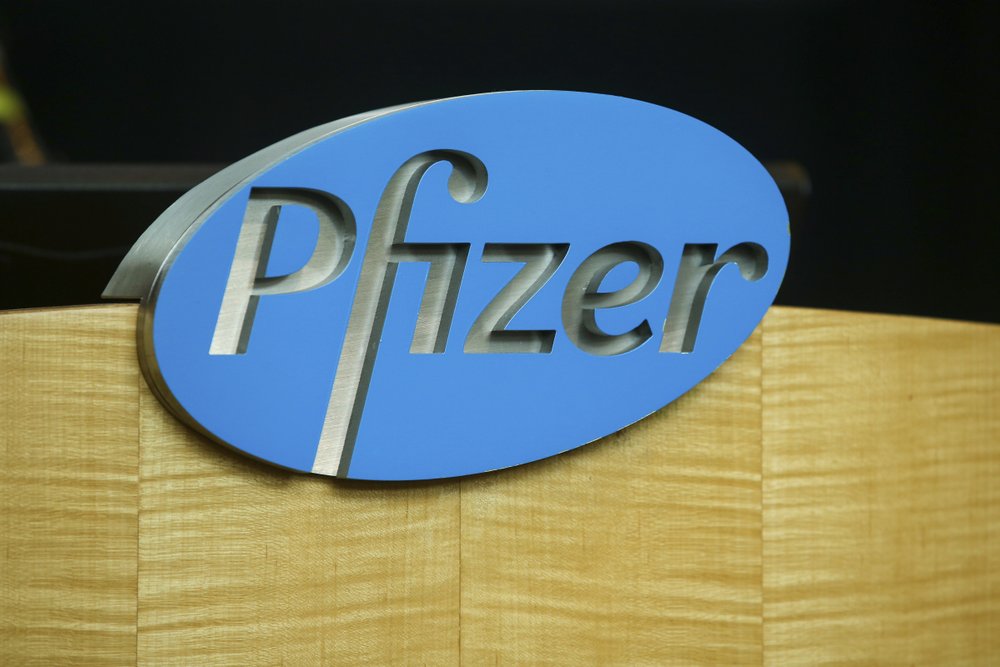Pfizer has been actively reshaping its business model, with the recent $43 billion acquisition of Seagen as a key highlight. This deal marks Pfizer’s continued commitment to the oncology sector, leveraging Seagen’s strong pipeline of cancer treatments. By investing in biotech innovation, Pfizer aims to significantly enhance its ability to treat cancer patients and diversify its product offerings by 2030.

The Seagen acquisition is part of a broader $70 billion investment made by Pfizer in the past two years. The company used its pandemic-era profits to secure acquisitions aimed at long-term revenue growth. Pfizer is betting heavily on oncology and other emerging markets, setting the stage for sustained growth while balancing shareholder returns through dividends and share buybacks.

One of the most promising areas Pfizer is targeting is the GLP-1 weight loss drug market, which could reach $90 billion by 2030. The company is positioning itself to compete against established incumbents by focusing on differentiation. Its phase three clinical trials aim to develop a product with a unique advantage, ensuring Pfizer is poised to capture market share in this highly lucrative segment.

Alongside these pharmaceutical innovations, Pfizer has also launched a direct-to-consumer platform, PfizerForAll, aimed at improving healthcare access. This platform focuses on underserved populations, particularly in rural areas, by connecting patients to physicians and facilitating treatment for chronic diseases. This initiative reflects Pfizer’s commitment to improving patient outcomes and reaching more individuals through digital innovation.

#Pfizer #PharmaInnovation #SeagenAcquisition #GLP1 #HealthcareAccess #Oncology #WeightLossDrugs #DigitalHealth #Pharmaceuticals
